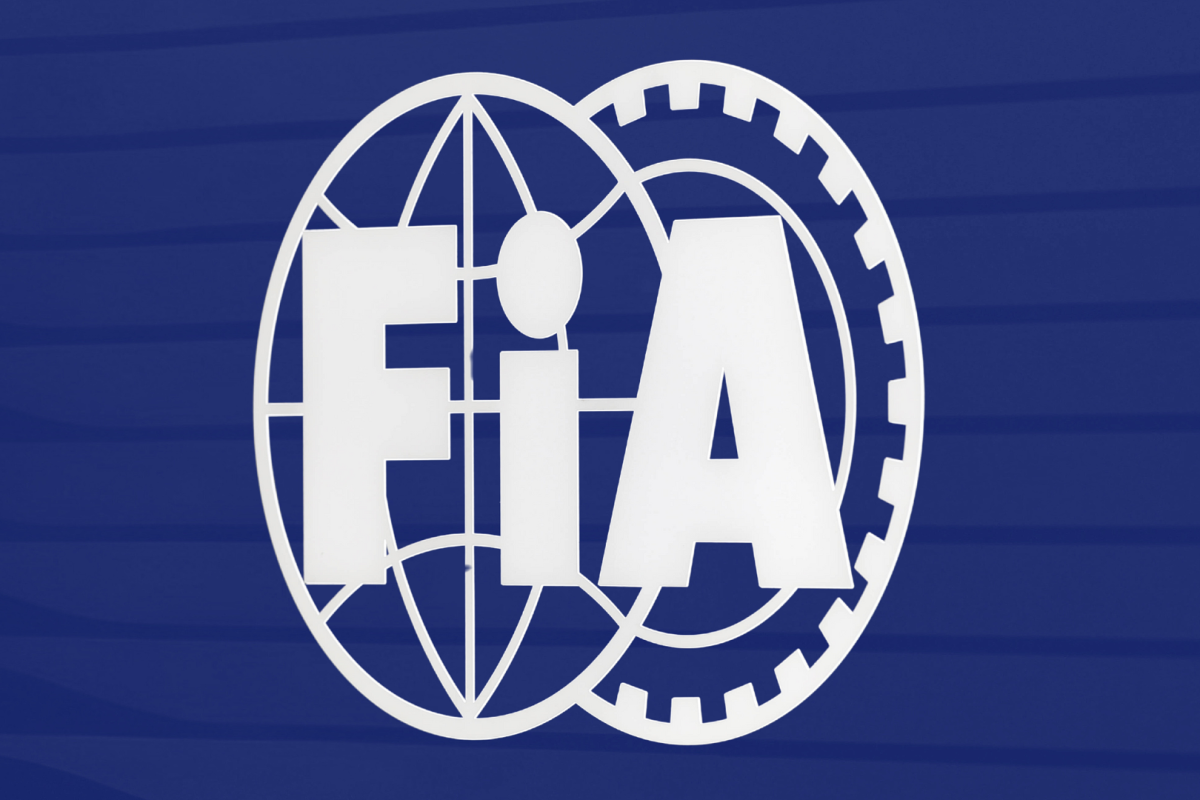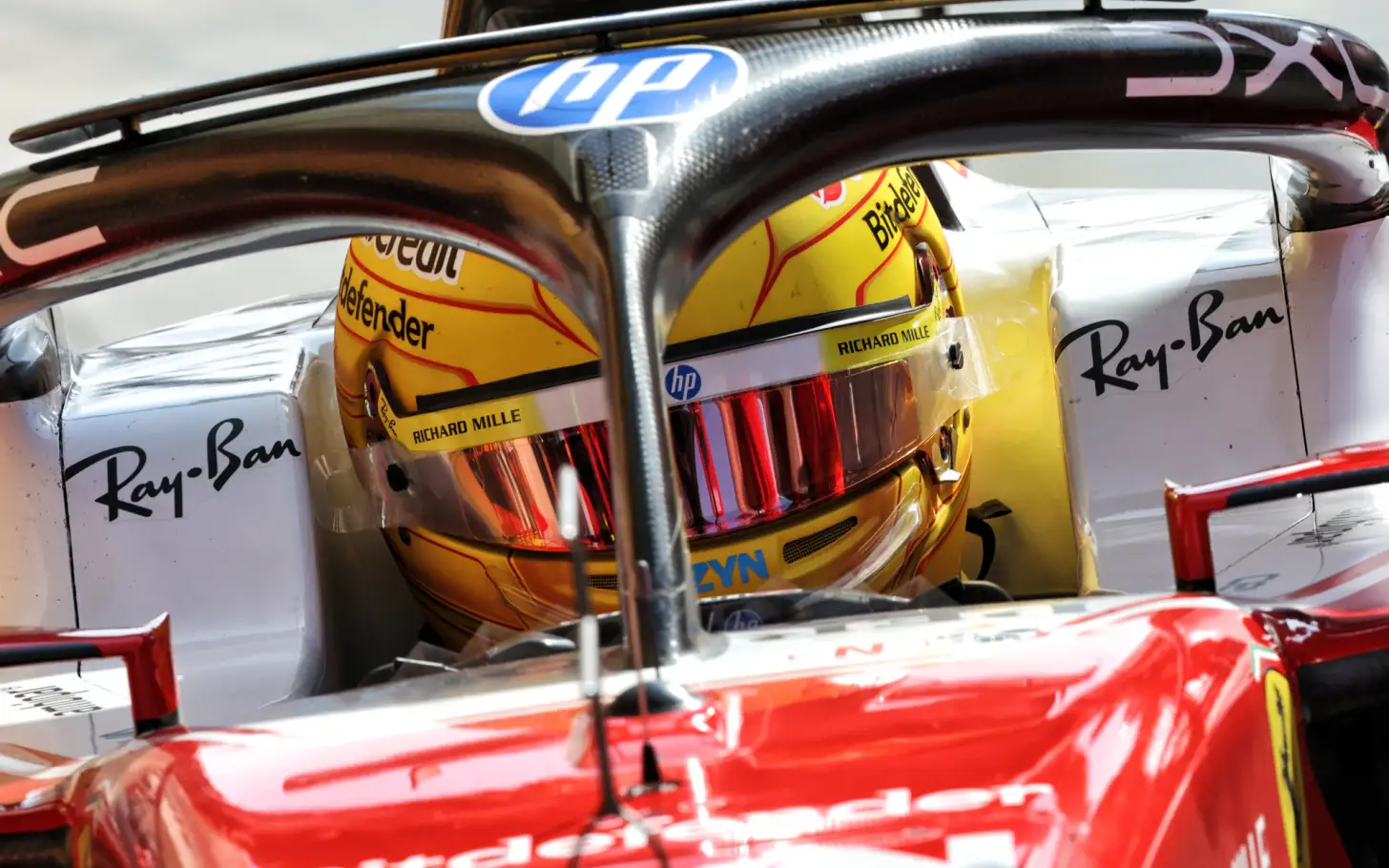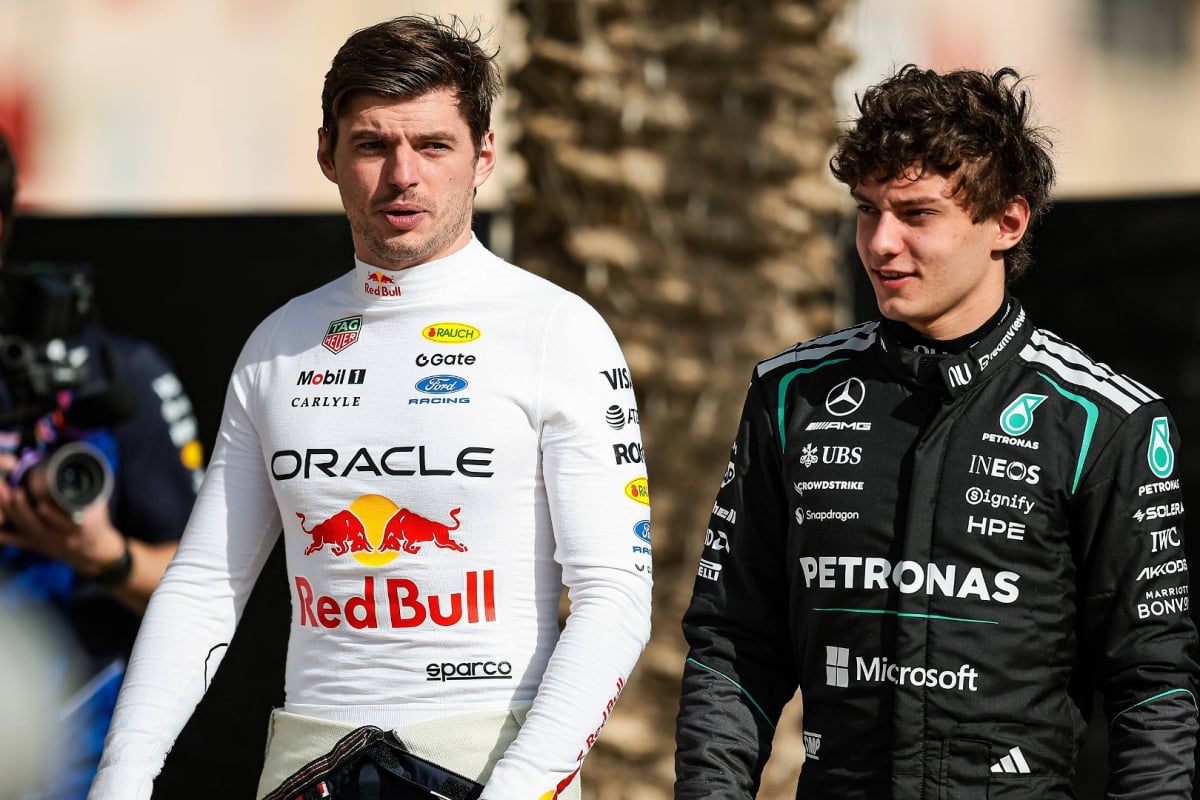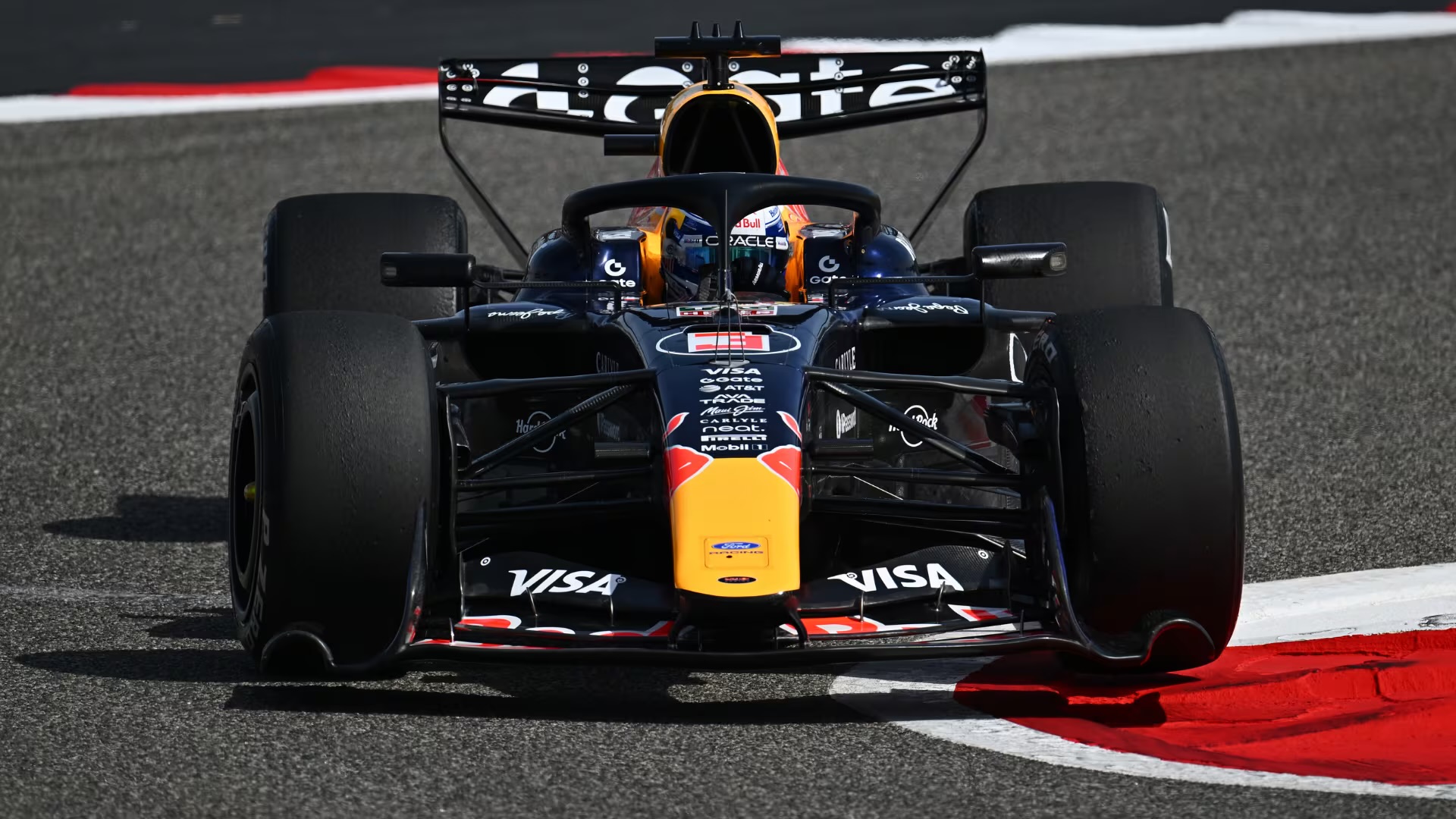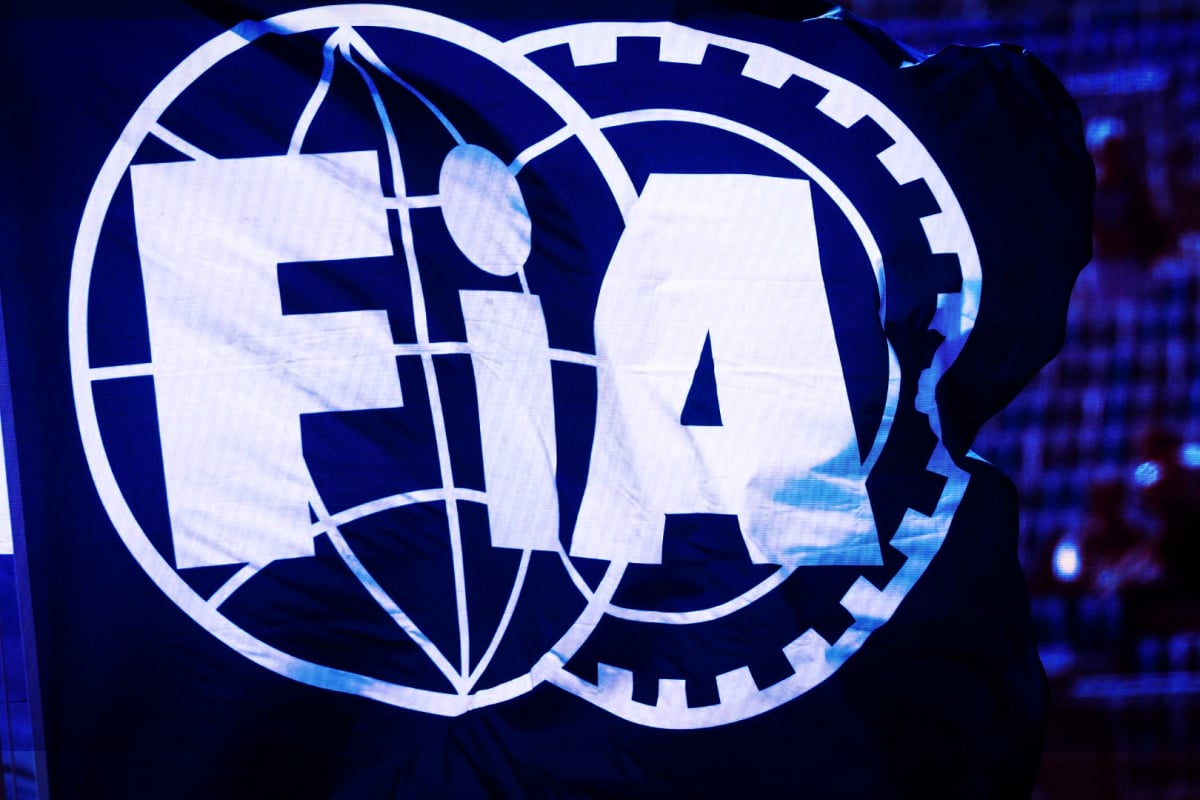FIA Set to Reconsider Controversial Swearing Rules Following Driver Protests
FIA President Mohammed Ben Sulayem has indicated that changes may soon be made to the organization’s strict language policy, following increasing pushback from drivers across several motorsport series. The FIA’s rules against swearing have become one of the most contentious issues in recent seasons, with Formula 1 leading the resistance against the governing body’s zero-tolerance stance.
The policy, outlined in Appendix B of the FIA’s International Sporting Code, has faced strong criticism for being overly strict and out of touch with the emotional intensity of racing. Drivers have voiced their concerns, arguing that occasional strong language is a natural response in high-pressure situations and that the current rules restrict genuine expression.
Max Verstappen was among the first high-profile drivers to protest the rule. After qualifying at the 2023 Singapore Grand Prix, he gave only minimal answers during the official press conference, choosing instead to speak freely with journalists in an informal session outside the designated media area. His protest drew attention to the growing dissatisfaction within the paddock regarding the restrictions on speech.
The frustration has not been limited to Formula 1. During the World Rally Championship’s Safari Rally in Kenya, several drivers followed suit by either avoiding post-stage interviews or responding only in their native languages. These silent or limited protests were seen as a united message from competitors across disciplines, urging the FIA to reconsider the policy.
Up until now, Ben Sulayem has been firm in his position. He has previously suggested that if drivers continued to swear on team radios, the broadcasts could be stopped altogether, demonstrating how seriously the FIA viewed the issue. However, this hardline approach has been increasingly viewed as excessive and disconnected from the realities of the sport.
In a notable shift, Ben Sulayem recently posted a message on Instagram suggesting he is now open to reviewing the rule. He wrote, “By listening to one another and working collaboratively, we continue to drive a positive future for the sport we all care so deeply about.” The statement accompanied a graphic that confirmed he is considering updates to Appendix B, prompted by what he described as “constructive feedback” from drivers across all seven FIA world championships.
“As a former rally driver, I understand the demands they face better than most,” Ben Sulayem added, signaling a more empathetic stance than in previous communications.
The potential policy change reflects a larger conversation within motorsport about the balance between maintaining professionalism and allowing athletes the freedom to express themselves authentically. While the FIA originally implemented the swearing ban to uphold the sport’s image, especially in front of younger audiences and sponsors, many believe the rule went too far in limiting natural human reactions.
If changes are made, it could mark a step toward rebuilding trust between the FIA and its athletes. For now, the motorsport community waits to see if the FIA will officially revise its position and adopt a more flexible approach to driver conduct and communication.
